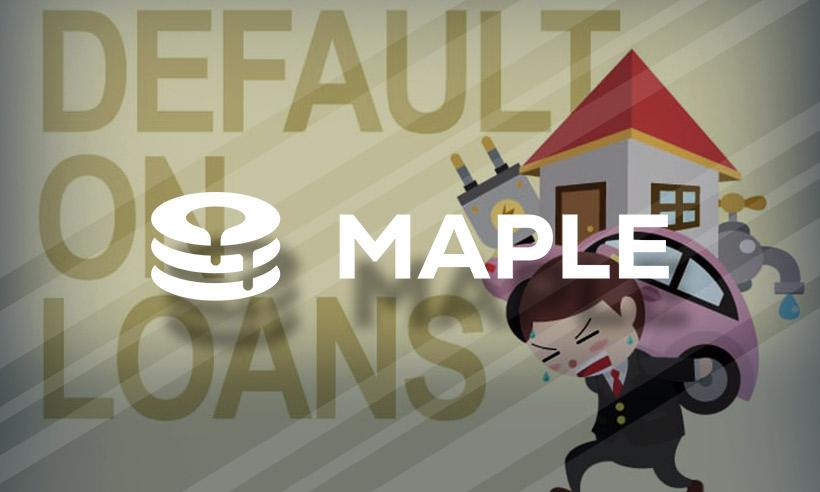Maple Finance 2.0 Redesign Aims to Expedite Loan Default Process
Table of contents
Maple Finance 2.0 Protocol Enhancement
According to the protocol paperwork, it permits managers to issue loans from its lending pools based on a specific set of risk-management criteria rather than requiring mortgages to be overcollateralized. However, the platform saw two significant defaults from platform borrowers after FTX's demise.
With the "Maple Finance 2.0" protocol enhancement, smart contracts will be upgraded to allow loan managers also referred to as "pool delegates" to manage and resolve defaults more efficiently.
Pool Delegates Can Announce Early Default
Prior to this change, a borrower's obligation to make payments could only be terminated if the grace period had already expired. It followed that collateral could not be liquidated, even if the borrower had already acknowledged that they would be unable to make payments.
According to Maple, who wrote a blog post outlining the platform's new capabilities, pool delegates will now have the option to announce an early default if a borrower satisfies a criterion of default, making the loan instantly due. Additionally, if a borrower does not pay during the fixed term, the delegate may liquidate the loan, causing other pool lenders to instantly experience a loss until recovery efforts are made.
Additional Features of the Enhancement
The latest edition of Maple Finance also has features designed to improve the lending platform's life quality. The redesign also includes the addition of automatic compounding of interest, which means that any money generated is immediately reinvested into the pool and does not require additional deposits.
The implementation of ERC-4626 standards, which permits more decentralized finance (DeFi) connections and collaborations and better statistics and dashboards, are further enhancements.

